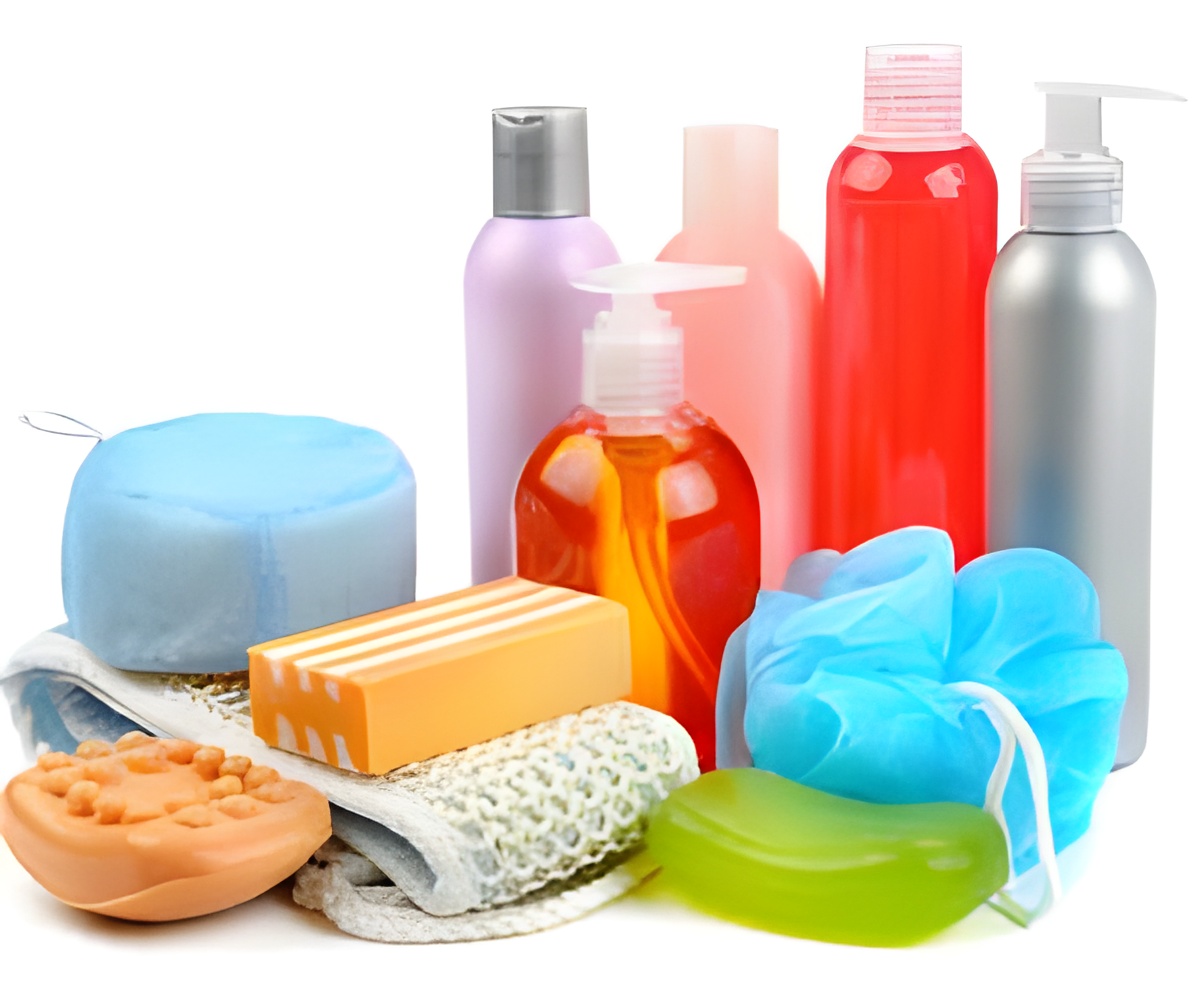
‘Prenatal exposure to chemicals in toothpaste, cosmetics, soap and other personal care products may advance puberty in girls.’
Read More..Tweet it Now
The study found that in-vitro exposure to chemicals in personal care products such as phthalates -- found in scented products like perfumes, soaps, and shampoos -- parabens -- used as preservatives in cosmetics -- and phenols -- which include triclosan -- advances pubertal age in girls. Read More..
Early puberty in girls has been linked with increased risk of mental illness, breast and ovarian cancer; and testicular cancer in boys.
However, the association was not observed in boys.
"We know that some of the things we put on our bodies are getting into our bodies, either because they pass through the skin or we breathe them in, or we inadvertently ingest them," said Kim Harley, Associate Professor from the University of California in the US.
"We wanted to know what effect exposure to these chemicals has during certain critical windows of development, which include before birth and during puberty," Harley added.
Advertisement
The findings showed that more than 90 percent of urine samples of both mothers and children showed detectable concentrations of phthalates, parabens, and phenols.
Advertisement
Every time the concentrations of diethyl phthalate and triclosan in the mother's urine doubled, pubertal development in girls advanced approximately by one month.
In addition, girls who had higher concentrations of parabens in their urine at age nine also experienced puberty at younger ages.
However, it is unclear if the chemicals were causing the shift, or if girls who reached puberty earlier were more likely to start using personal care products at younger ages, the researchers noted, adding the need for more studies.
Source-IANS














